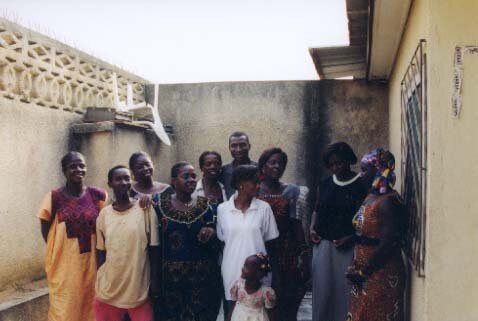|
ICEHA's Programs


Decentralization of HIV Care into Rural Areas
Abidjan, Côte d'Ivoire
Program Overview
This program is an international collaboration between the Centre des Maladies Infectieuses at the University of Treichville in Abidjan, Côte d’Ivoire and ICEHA. The program’s aim is to increase the number of HIV-infected patients treated, improve their quality of life and family situations, and protect the not-yet-infected population.
There are more than one million HIV-positive people in Côte d’Ivoire, yet only slightly over 4,000 patients are receiving antiretroviral (ARV) therapy. Although the cost of medication is a significant factor, other resource constraints also limit the number of people treated. Currently, there are only eight centers in the country that have been accredited to prescribe ARV therapy and monitor HIV-infected patients. These centers tend to be in the major cities and have a limited number of staff. Several other city clinics offer Voluntary Counseling and Testing (VCT) services and prevention of Mother-to-Child Transmission (pMTCT) programs, yet the stigma associated with being HIV-positive limits the number of women and children benefiting from these programs and creates very difficult family circumstances for the women who do decide to participate. Providing community-based healthcare workers with the expertise to address the HIV problem effectively brings disease awareness and “disease-care” into the communities.
The first phase of this program was completed in October 2002. It enabled the two top HIV/AIDS experts in the country to receive in-depth HIV training in best clinical practices at University of California, San Francisco and Cornell University in New York. The next phase consists of decentralization of HIV care for 20,000 HIV-infected patients, making HIV treatment and prevention available in the communities by enabling community workers to provide care and prevention services. However, due to the current political unrest, this program is temporarily on hold.

|